AS KNOWLEDGE PROVIDER (SUPPLY)
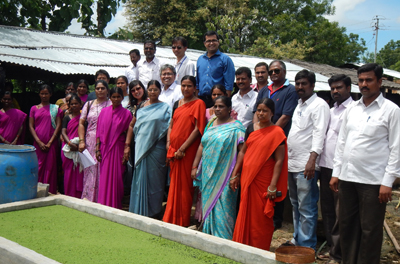
Empowering the Poor in Indonesia
With assistance of the Bank and other donors, Indonesia has supported a National Program for Community Empowerment (PNPM), which has helped more than 70,000 villages prioritize needs and access community grants for development projects.
Receiving country: Indonesia
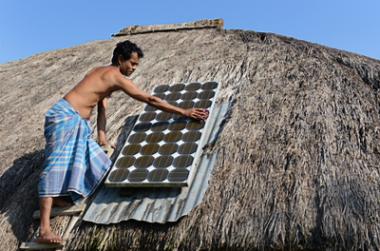
Expanding Capacity in Central Asian Countries for the Application of New Energy and Power Technologies
To provide access to more reliable, sustainable energy and power sources, representatives of five Central Asian countries (Kazakhstan, the Kyrgyz Republic, Tajikistan, Turkmenistan, and Uzbekistan) participated in an exchange with India.
Providing country: India
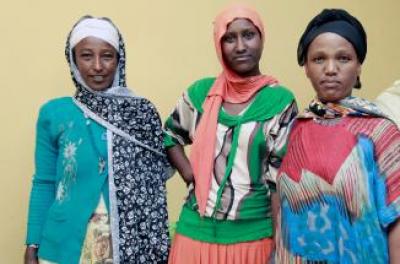
Supporting Female Entrepreneurship in Ethiopia
What was the objective of the South-South exchange? : The Development Bank of Ethiopia (DBE) sought to learn from India how to implement and sustain a credit facility dedicated to women’s economic empowerment leveraging microfinance institutions, as part of the World Bank’s funded Women Entrepreneurship Development Project (WEDP) in Ethiopia.…
Providing country: India
Receiving country: Ethiopia
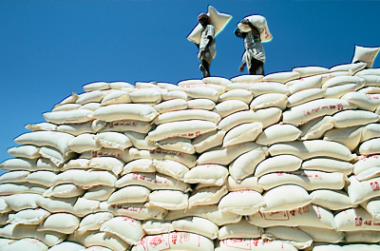
Learning Innovative Participatory Approaches in Addressing Informal Settlement Issues
The Government of Bangladesh recognized a need to ensure secure and affordable housing options for its urban poor at a time of rapid urban expansion. Toward this objective, the Government moved to develop a national framework for providing housing and shelter options for the urban poor and most vulnerable.
Receiving country: Bangladesh
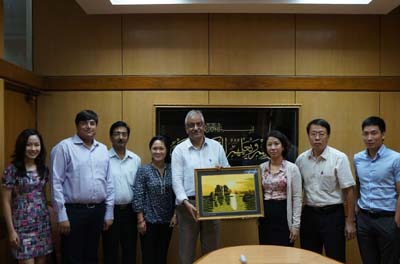
Promoting Pro-Poor Innovation in Vietnam
To help to reduce poverty, the Government of Vietnam prioritized “inclusive innovation,” which involves developing programs to identify national development challenges (NDCs), and stimulating low-cost yet high quality technological solutions and products benefiting the poor.
Providing country: India
Receiving country: Vietnam
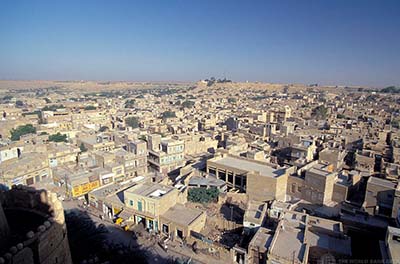
Enhancing South-South Cooperation to Reduce Urban Poverty
In 2003, India, Brazil, and South Africa signed a Trilateral Agreement (IBSA) establishing a mechanism for South-South cooperation among these countries and other developing nations to advance inclusive sustainable development and to counter marginalization.
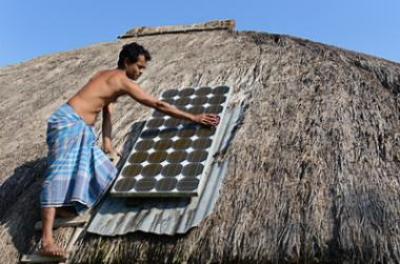
Promoting Renewable Energy Certificates and Sustainable Energy Certificates in Thailand
The Government of Thailand recognized the need to modify its existing energy policy to become more energy efficient, reduce greenhouse gas emissions, promote economic development, and establish environmental leadership in the Mekong region.
Providing country: India
Receiving country: Thailand
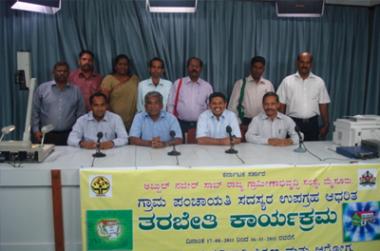
Improving local government services in Sri Lanka
With support of a Bank project, Sri Lankan officials sought to strengthen local governments’ capacity to provide roads, schools, and other infrastructure, and to involve citizens in development planning and programs.
Providing country: India
Receiving country: Sri Lanka
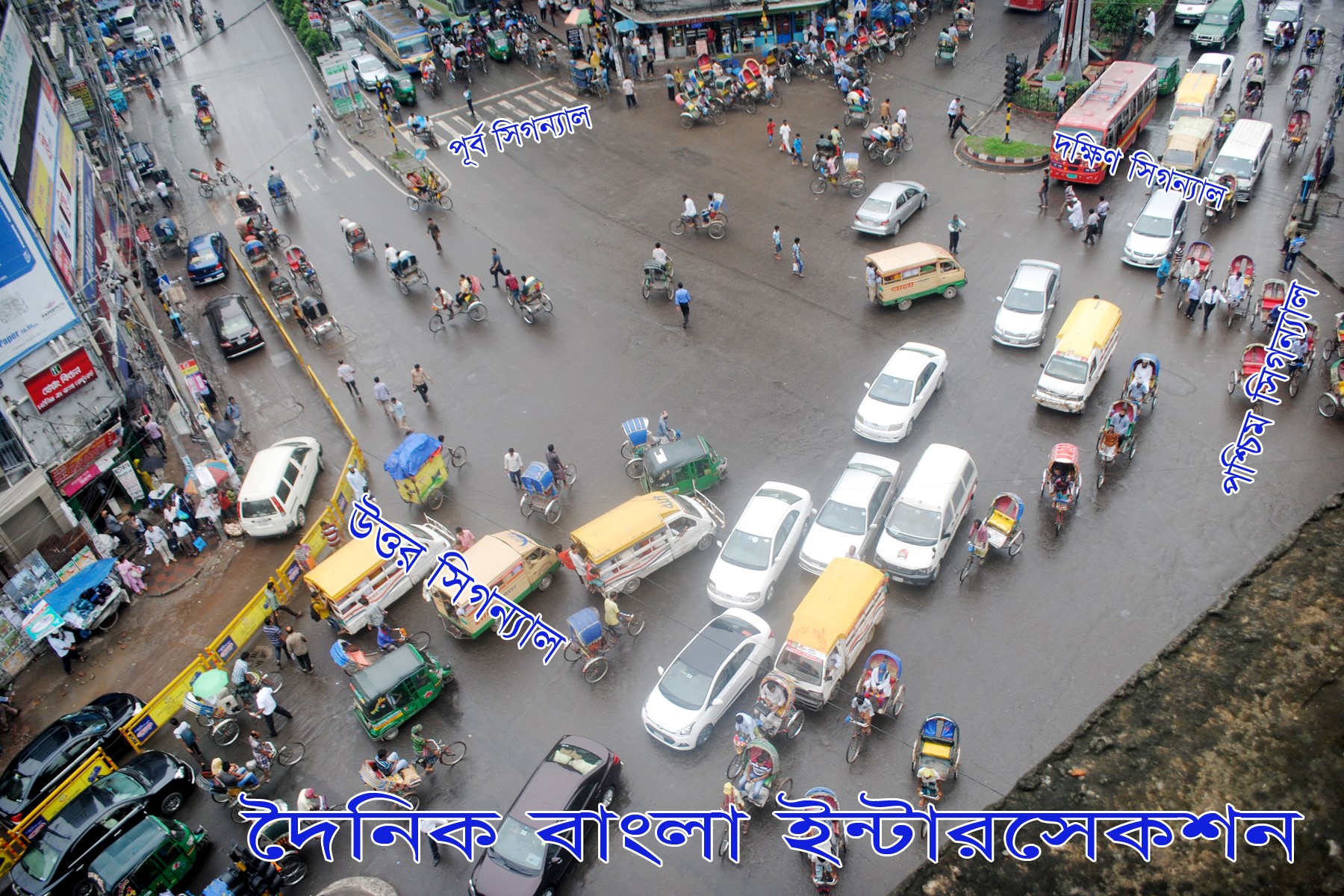
Managing Traffic Signals to Alleviate Traffic and Reduce Pollution in Dhaka, Bangladesh
Dhaka Metropolitan Police (DMP) is still using hand signals at nearly all traffic intersections. To reduce pollution and manage heavy traffic, DMP and agencies related to transport needed to learn to appreciate and finish implementation of a basic traffic signal system for key intersections throughout the city.
Receiving country: Bangladesh
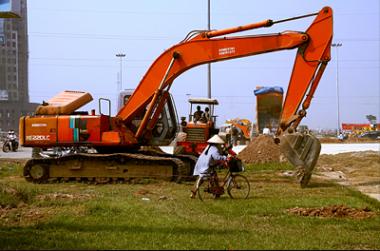
Knowledge Sharing and Experience Exchange on the Optimal Utilization and Management of External Financing for Development
In 1995, with technical assistance from the World Bank, Indonesia introduced its Program for Pollution Control Evaluation and Rating (PROPER), the first such environmental rating and disclosure (ERD) initiative in the developing world.
Receiving country: Vietnam

 China
China Colombia
Colombia Denmark
Denmark India
India Indonesia
Indonesia Mexico
Mexico Russian Federation
Russian Federation Spain
Spain United Kingdom
United Kingdom